Google's Titan Security Key lineup has been cut down to just USB-A and USB-C models, both with NFC capabilities, and the company has canned the older Bluetooth models.
With NFC functionality widespread among iPhones and other devices, Google has decided to simplify its Titan Security Key lineup. The previous Bluetooth models have been discontinued, but will continue to work for current users.
Two new models of Titan Security Key have been introduced. Starting in August, the company will ship a USB-C and USB-A model. Both models work with NFC and connect physically to computers using the integrated ports.
Google recommends buying the security key that best fits the computer you intend to use it with. For example, some older iPads still use the Lightning connector, so for best results with those, the use of the USB-A + NFC Titan Security Key with a USB-A to Lightning adapter is suggested. Likewise, for use across a modern Mac and iPad Pro, the USB-C model is recommended.
Security keys such as the Titan Security Key can be used with a multitude of services including its own that support two-factor authentication and FIDO standards. Some organizations require use of physical security keys to prevent phishing or other unauthorized login.
Google maintains a compatibility list for the Titan keys. Services include those provided by Google as well as companies like Dropbox or 1Password.
The USB-A + NFC key includes a USB-A to USB-C adapter for maximum compatibility. It is available for $30 on the Google Store.
The USB-C + NFC key retails for $35. Both keys ship on August 10.
 Wesley Hilliard
Wesley Hilliard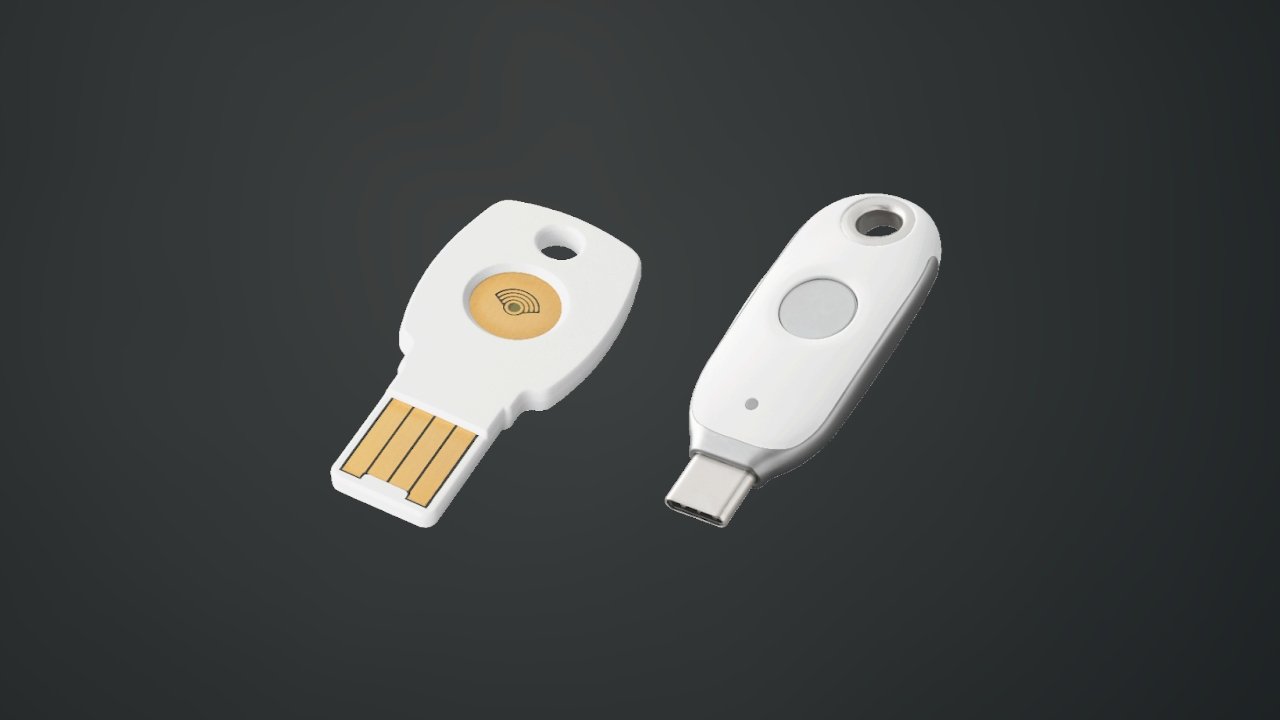

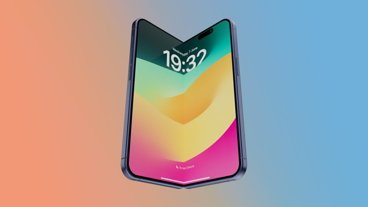
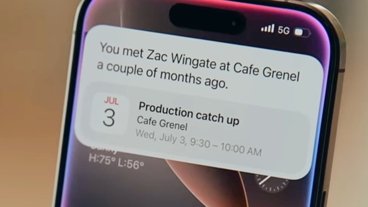
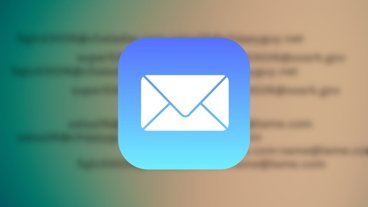


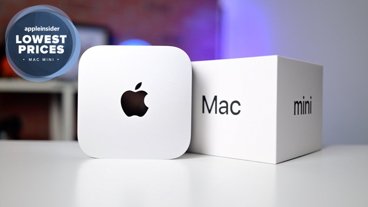
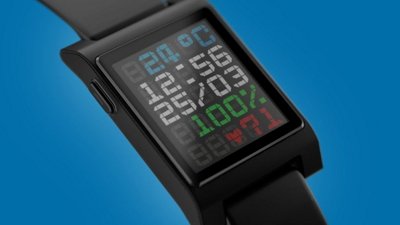
 Andrew Orr
Andrew Orr
 Amber Neely
Amber Neely
 Christine McKee
Christine McKee
 Malcolm Owen
Malcolm Owen

 William Gallagher
William Gallagher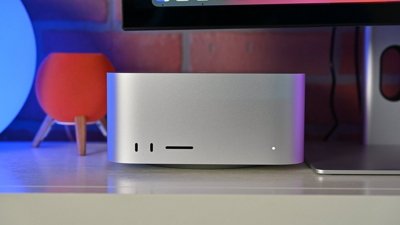
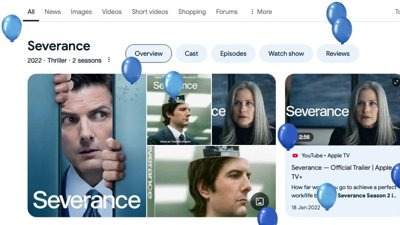









1 Comment
I've noticed over the past few months that Google wants me to verify using my hardware key more often than it used to. Perhaps they're being more aggressive at making sure the "entity" accessing my account is actually me? I'm not sure, I just know that it was rare until this year, but now it needs to stay with me since Google asks for it a few times a month.